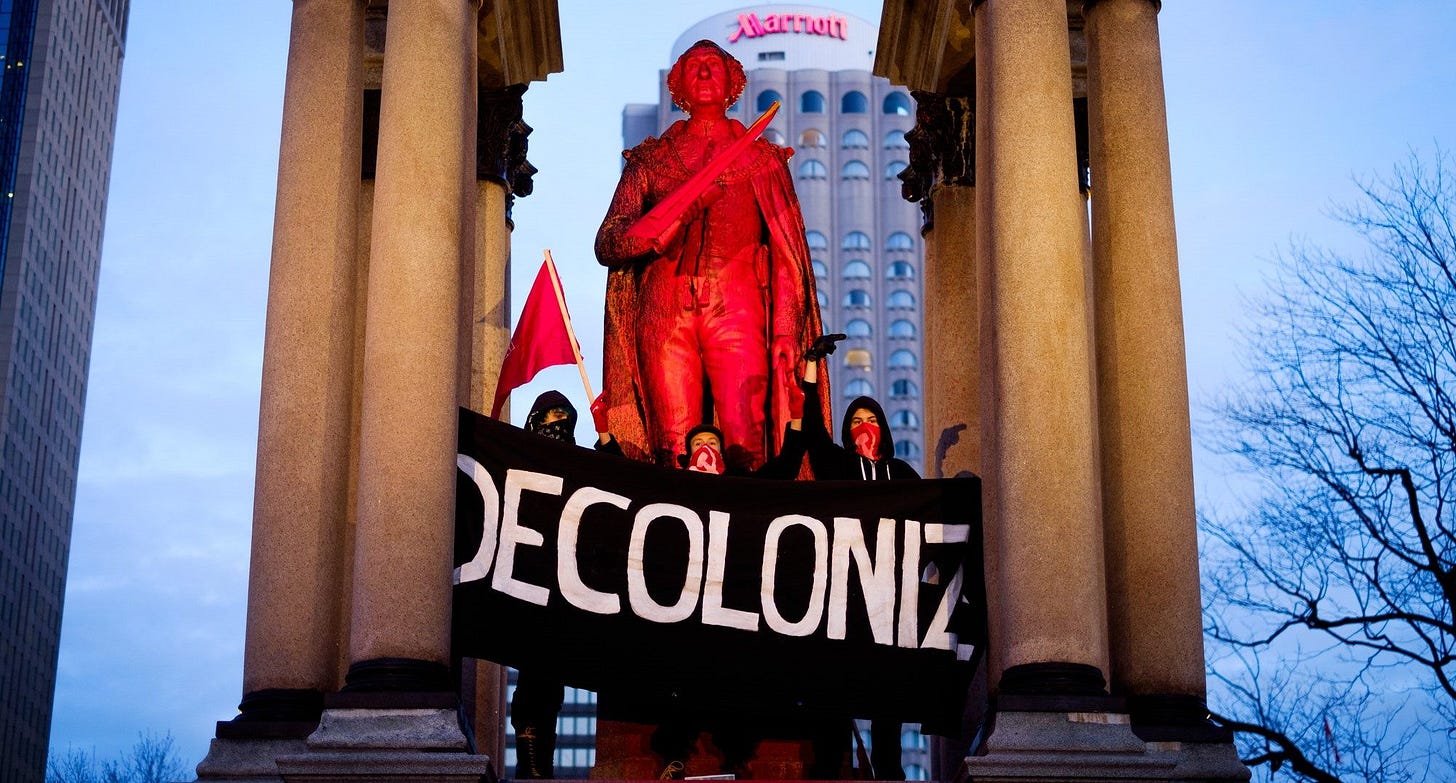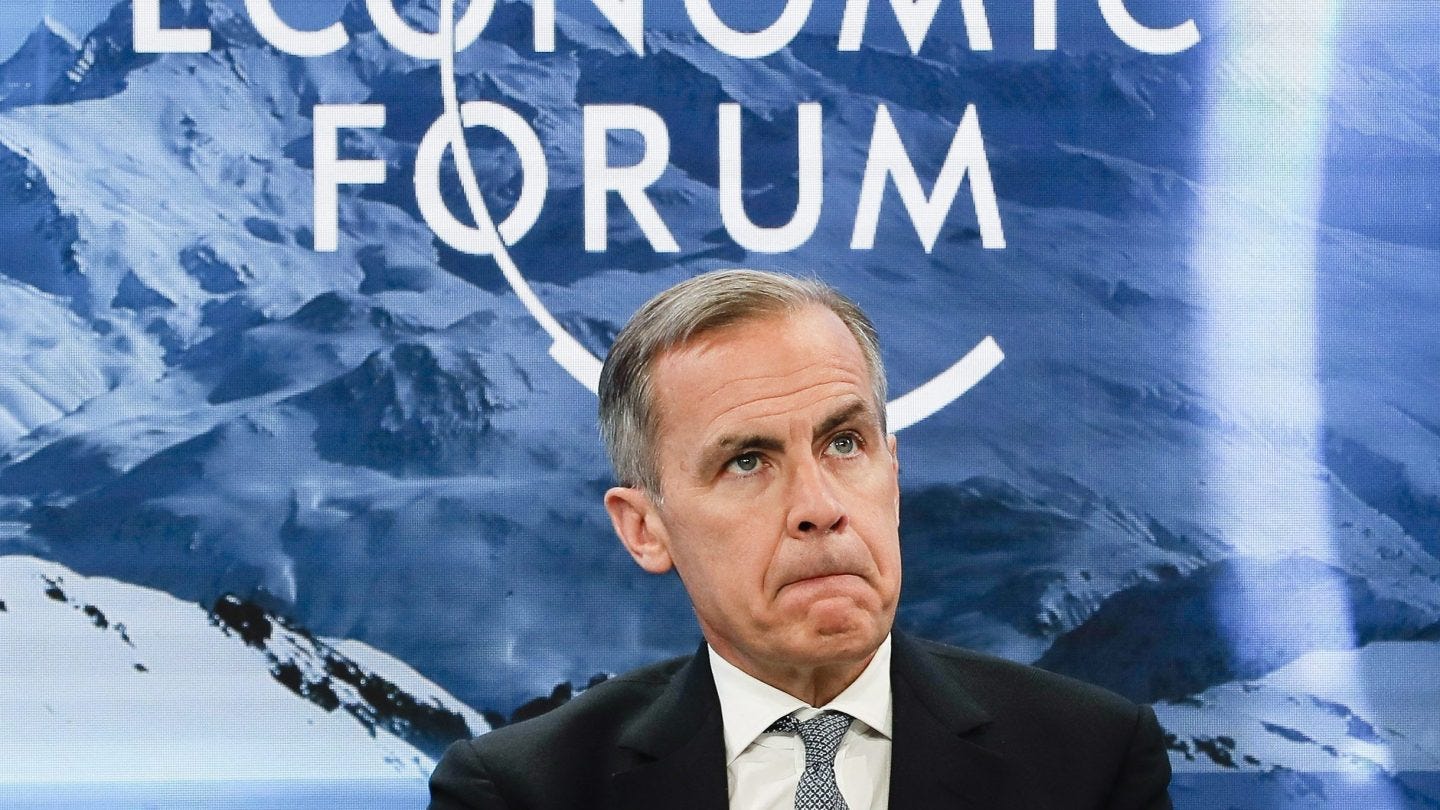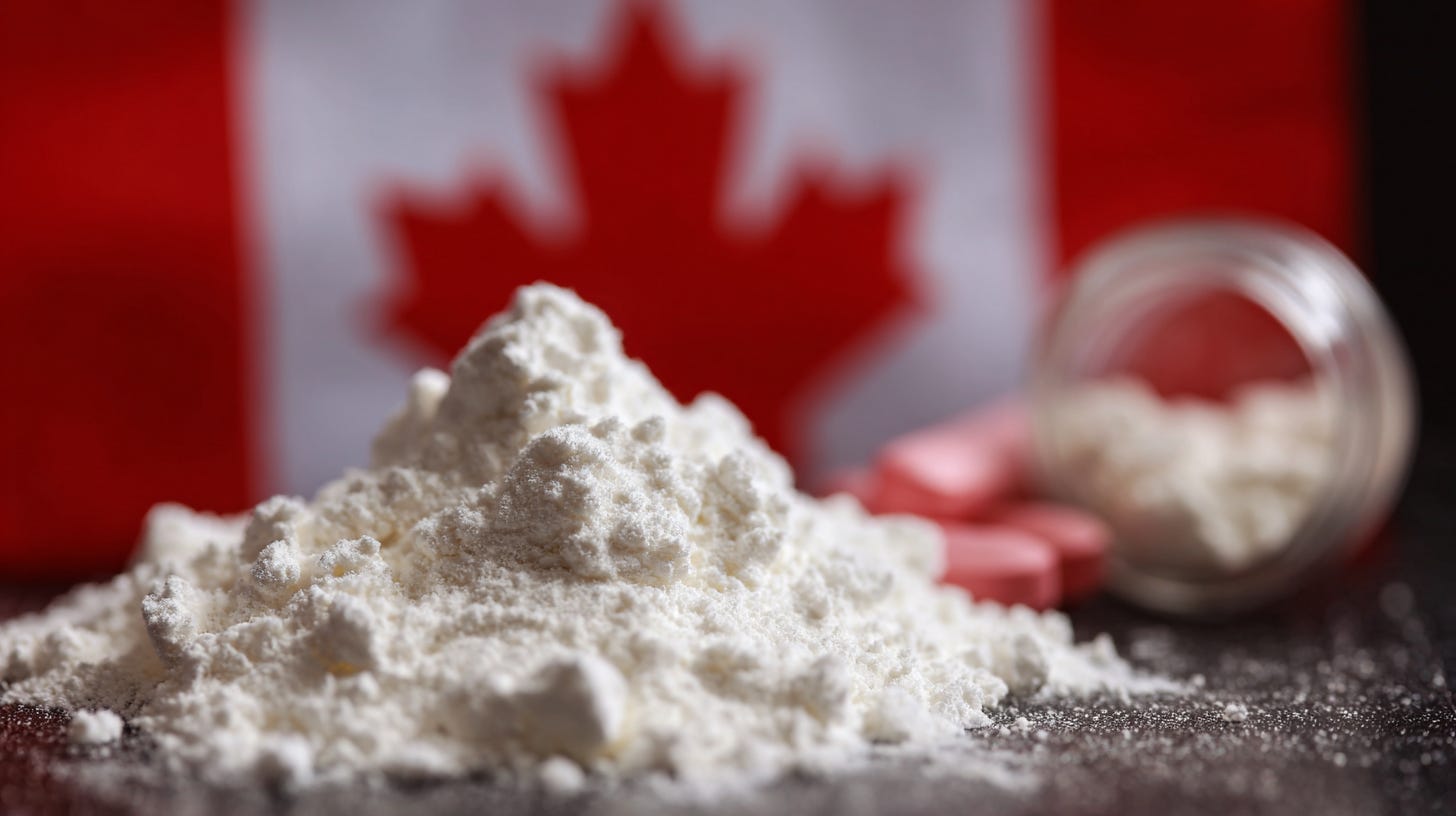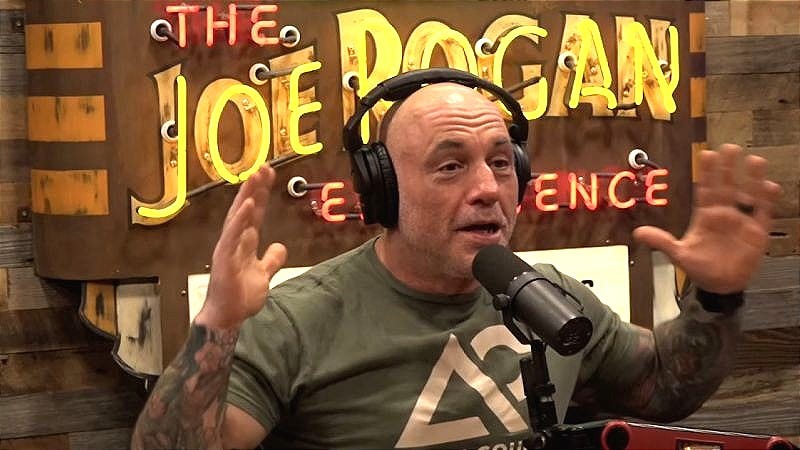Good morning, it’s Monday, October 6th. In today’s news, Canadian Universities are creating an ideological caste system, Carney’s global net-zero banking alliance collapses, Canada has become a pipeline feeding the global drug trade, Hamas agrees to release all hostages as Trump’s peace plan advances, and much more.
First time reading the daily blend? Sign up here.
Canada’s New Caste System Revives Marxist Identity Politics
Modern social justice is not new. It’s a rebranding of the same old Marxist obsession with dividing society into moral castes—only now the categories have changed. Where communists once ranked citizens by class and heritage, the new revolutionaries rank them by race, gender, body type, and ancestry. The same ideological software runs beneath a different user interface.
Take the University of Toronto. Canada’s most prestigious university has quietly embedded “positionality” exercises into its graduate programs. Under the guise of “equity and inclusion,” students and faculty are asked to disclose layers of personal identity—race, sexuality, ability, and even body shape—to determine where they sit on the moral hierarchy of privilege.
One leaked classroom slide shows instructors introducing themselves not simply by name or credentials, but by identity confessionals:
“Cis, heterosexual, neurodivergent, able-bodied, white settler of European ancestry. Thin privilege. Professional power and privilege.”
Another introduces herself as a “second-generation settler” and “woman of colour, Tamil diaspora,” complete with a note of “thin privilege.” The sheer absurdity of cataloguing “thin privilege” alongside ethnicity or sexuality should be obvious. But this is what happens when ideology replaces reason.
In the social justice lexicon, the term settler is not a neutral historical descriptor—it’s synonymous with invader. The moral logic is clear: if you are a “white settler,” you occupy stolen land; your achievements are illegitimate; and your presence, at best, requires perpetual atonement. It’s a worldview that strips individuals of personhood and replaces it with inherited guilt.
This isn’t progress—it’s regression. North Korea’s Songbun system ranked citizens by bloodline and political loyalty. The Soviet Union persecuted citizens for being “bourgeois by heritage.” Mao’s Cultural Revolution turned children against their ancestors in the name of erasing the “Four Olds.” Each of these regimes sought moral purification through the collective denouncement of lineage, class, or ancestry.
Today’s identitarian revolution may still rely on shame, ostracism, and career gatekeeping as its weapons—but history tells us where this logic leads. Every ideology built on inherited guilt and collective punishment ends in violence. Once moral worth is tied to identity rather than action, dehumanization becomes inevitable.
Revolutionaries always claim to be dismantling oppressive power structures, but they never seek to destroy power itself—only to seize it. Their goal is not to melt down the ring, but to wear it. And in their worldview, the enemy is already defined: those born into the “wrong” lineage, privilege, or body. What begins as moral re-education always ends as moral persecution.
Carney’s Global Net-Zero Banking Alliance Collapses
Mark Carney’s reputation as a world-class financial mastermind is starting to look like smoke and mirrors. His flagship international project—the UN-backed Net-Zero Banking Alliance (NZBA)—has officially collapsed, just three years after he launched it with great fanfare in 2021. Carney founded the alliance in his role as UN Special Envoy for Climate Action and Finance, promising to unite the world’s top banks around the goal of net-zero emissions by 2050. At its peak, the NZBA counted more than 140 banks controlling $70 trillion in assets, including Canada’s largest financial institutions.
But behind the glossy rhetoric of “sustainable finance,” the alliance has been crumbling for months. Major players like TD, Scotiabank, BMO, CIBC, National Bank, and RBC all withdrew ahead of the 2025 US presidential transition, citing concerns about overregulation, politicization, and the lack of tangible results. Even BlackRock, the world’s largest asset manager, ditched the parallel Net Zero Asset Managers Initiative, calling out the “unrealistic expectations” of the movement. By early October, the NZBA quietly voted to disband entirely, admitting it had become a hollow bureaucracy—more about virtue signalling than financial stability or real-world results.
Carney, however, is still trying to spin the fallout as a positive, calling the US retreat from climate finance “a great opportunity for Canada.” But that optimism rings hollow when you look at the state of Canada’s economy under his watch as prime minister. Public debt continues to explode—the federal government is now paying over $60 billion a year just in interest—while this year’s deficit alone has climbed to nearly $70 billion. The national deficit continues to climb, the public sector is bloated, and productivity has flatlined. Despite running record-breaking budgets, which we still haven’t seen, Carney’s government has failed to ignite any real economic engine—investment is fleeing, small business confidence has cratered, and Canada’s GDP per capita is falling faster than any G7 nation.
The irony is rich: the man once hailed for saving the global economy in 2008 can’t even stabilize his own. The collapse of his global climate finance alliance isn’t just an embarrassment on the world stage—it’s a mirror of his domestic performance. Bloated bureaucracy, lofty ideals, and no results.
As Pierre Poilievre bluntly put it, the NZBA was “a money-grubbing scheme to enrich global bankers while shutting down oil and gas in Western countries.” And now, both that scheme and the myth of Mark Carney’s economic genius are falling apart together.
Canada’s Dirty Secret: The Pacific Pipeline Feeding the Global Drug Trade
Two multimillion-dollar drug busts—one in suburban Burnaby, the other halfway across the Pacific—reveal a story that Canada’s political class refuses to confront: this country has become a global hub in the narcotics supply chain. Not a victim, not a bystander—but an active conduit through which Chinese chemical networks, organized crime, and Canadian financial institutions quietly move billions in dirty money.
In Burnaby’s Ridge Drive neighbourhood, police raided two mansions side by side—each allegedly operating as a synthetic drug lab tied to separate Chinese crime families. The evidence was damning: pill presses, kilos of meth and MDMA, hundreds of cannabis plants, and suspicious mortgages linking major Canadian banks like CIBC and RBC to the properties. Yet, no criminal charges have been laid. Instead, the province is pursuing civil forfeiture—a process that lets the government seize property without proving guilt.
That alone should terrify Canadians. It’s not just the drugs being manufactured in our own backyards; it’s the fact that our banking, legal, and real estate systems have become the laundering mechanism for transnational crime. The Cullen Commission already showed how fentanyl profits and casino cash were pumped into Vancouver real estate. Now, with the Ridge Drive cases, we see that the same laundering channels continue to thrive—under the nose of regulators who either can’t, or won’t, stop them.
But the rot doesn’t end at home. This year in Auckland, over 700 kilograms of meth from Vancouver’s port were intercepted, disguised in maple syrup jugs. Around the same time, three tonnes of meth—also shipped from Vancouver—were seized in Melbourne, Australia. Authorities in both countries believe the shipments were part of a single network: Chinese precursors flowing through British Columbia, converted into synthetic drugs, then exported across the Pacific.
This isn’t a few bad apples—it’s a systemic Canadian export industry in everything but name. Vancouver has become what Hong Kong once was: a grey zone between the Chinese underworld, Western finance, and permissive governance.
The uncomfortable truth is that Canada’s institutions—its ports, banks, and housing market—are now the plumbing of the global drug trade. Our politicians lecture about “harm reduction” while turning a blind eye to the fact that we are the harm—a safe haven for traffickers, a laundromat for dirty money, and a silent partner in the Pacific’s narcotic economy.
Until someone admits it, the flow won’t stop.
Hamas Agrees to Release All Hostages as Trump’s Peace Plan Advances Gaza Ceasefire
Diplomatic momentum surged over the weekend as US President Donald Trump’s 20-point peace plan advanced prospects for a Gaza ceasefire. On October 3, Hamas agreed to release all remaining hostages, including Americans, and accepted key elements of the plan while consulting internally on disarmament. By October 4, Israel proposed an “initial withdrawal line” in Gaza, shared with Hamas for approval, potentially enabling immediate ceasefires and prisoner exchanges.
Despite the progress, violence continues: Israeli strikes on October 5 killed at least 67, though Trump called for a halt to airstrikes to facilitate hostage releases. He urged Israel to end bombings entirely, framing the conflict as a “3,000-year catastrophe” and warning that failure to fully commit could trigger severe military action, including the “complete obliteration” of Hamas, while stressing the need for rapid negotiations to prevent further civilian casualties and regional escalation.
8 in 10 Canadians Say Bail System Is Too Lenient—Want Reform
A new Abacus Data survey shows that most Canadians believe the country’s bail system is far too lenient, with nearly 80% saying it’s too easy for violent offenders to be released. The poll found strong cross-party support for bail reform—83% of Conservatives and 76% of Liberals agree changes are needed—and 80% want automatic bail denial for repeat violent offenders.
Canadians also cited drug-related and property crime as top concerns, while nearly half blame homelessness and addiction for rising crime rates, and 42% point to weak sentencing and justice policies. Confidence in Ottawa is low, with 41% saying they don’t trust the federal government to handle public safety. The findings come as Pierre Poilievre’s Conservatives push Bill C-242, the “Jail Not Bail Act,” which would scrap Liberal-era provisions requiring early and lenient release. More
Munich Airport Grounds Flights and Diverts Arrivals After Drone Sightings - Airports in Denmark, Norway and Poland have recently suspended flights over unidentified drones, while Romania and Estonia have pointed the finger at Russia, which has brushed off the allegations, denying any involvement. More
Billionaire Czech Populist Andrej Babiš in Talks to Form Stable Government After Election Win - More
Trump to Deploy 300 National Guard Members in Illinois - This comes as federal officers were rammed and fired upon near Chicago, amid protests against immigration enforcement. More
Sanae Takaichi Elected as Japan’s Ruling Party Leader, Set to Be Next Prime Minister - The victory makes her Japan’s first female party president and its first female prime minister. More
Indonesian Rescuers Continue Search for Missing Students After School Collapse—Death Toll Rises to 37 - More
Leader of Venezuelan Gang Tren de Aragua Arrested in Mexico - More
Canada Post’s Latest Offer Called “Step Backward”—No End to Nationwide Strike
Canada Post has presented striking postal workers with a new contract offer mirroring many terms from its May “final offer,” including a 13.59% wage increase over four years and up to seven weeks’ vacation, but it removes the $1,000 signing bonus and introduces provisions tied to upcoming job cuts. The offer aligns with the federal government’s planned transformation of the financially struggling service, including ending daily mail delivery, closing rural post offices, and shifting households to community mailboxes.
The Canadian Union of Postal Workers (CUPW) immediately criticized the offer, calling it worse than the previous proposal and signaling they are highly unlikely to accept it. CUPW continues its countrywide strike, insisting any service changes require meaningful consultation rather than unilateral government action. More
Google Says Hackers Are Sending Extortion Emails to Corporate Executives - Some demands were as high as $50 million, although Google cautioned that it “does not currently have sufficient evidence to definitively assess the veracity of these claims.” More
Bitcoin Hits All-Time High of $120,000 USD Amid Market Optimism - More
Earth Was a Fungal World Before Plants Existed
A new study in Nature Ecology & Evolution reveals that fungi began diversifying hundreds of millions of years before plants appeared on land, playing a key role in shaping early terrestrial ecosystems. Researchers from the Okinawa Institute of Science and Technology and collaborators used molecular clocks and horizontal gene transfer events to reconstruct a fungal timeline, suggesting a common ancestor existed 1.4–0.9 billion years ago. This predates land plants and supports the idea that fungi–algae interactions helped prepare Earth for terrestrial life, recycling nutrients, breaking down rock, and forming primitive soils. The findings reframe fungi as crucial ecosystem engineers that set the stage for plants to colonize land, rather than plants arriving on a barren landscape. More
Scientists Discover Hidden Protein That Switches Off Hunger - A protein called MRAP2 acts as a key regulator of hunger. The discovery offers new hope for tackling obesity. More
Golden Globes Add ‘Best Podcast’ Category, Signaling Shift in Media and Entertainment
The Golden Globes will debut a “Best Podcast” award at their 83rd ceremony in January, with 25 shows eligible, including The Joe Rogan Experience, SmartLess, Armchair Expert, Call Her Daddy, and political and true crime podcasts like Pod Save America and 48 Hours. The inaugural category highlights the growing influence of podcasts and signals a shifting media and entertainment landscape, where audio storytelling now rivals (or even outpaces) traditional film and television in reach and cultural impact. Entries must be submitted by October 31, with six finalists to be announced in nominations on December 8. More
Blue Jays Beat Yankees 13-7 to Take 2-0 Lead in Best-of-Five AL Division Series - 22-year-old Trey Yesavage set the Blue Jays strikeout record in a playoff game, knocking down 11 in his MLB playoff debut. More
Sean ‘Diddy’ Combs Sentenced to More Than 4 Years in Prison - Given time served and the likelihood of being placed under house arrest for the last year or so, Diddy will probably be out within two years. More
UFC 320: Pereira Reclaims Title in 80-Second TKO of Ankalaev, as Dvalishvili Retains His Belt in Decisive Win Over Sandhagen - More
NHL: Panthers and Lightning Combine for 312 Penalty Minutes in Heated Game - Crazy thing is, this isn’t even close to the record of 419 set in 2004. More
Treasure Hunters Find Over $1 Million in Silver and Gold Coins in Florida Coast Shipwreck
New Results From the Canadian Health Measures Survey—2022 to 2024—Report That 68% of Canadian Adults Are Now Overweight or Obese
On This Day in 1993, after nine seasons and three championships with the Chicago Bulls, Michael Jordan shocked the world by announcing his retirement from the NBA to pursue a career playing baseball. He returned on March 18, 1995, and went on to lead the Bulls to another three consecutive titles, cementing his legacy as one of the greatest athletes in history.



















Excellent informative news summary.
What utter bullshit this channel produces. Another CIA puppet dressed as Canadian news.